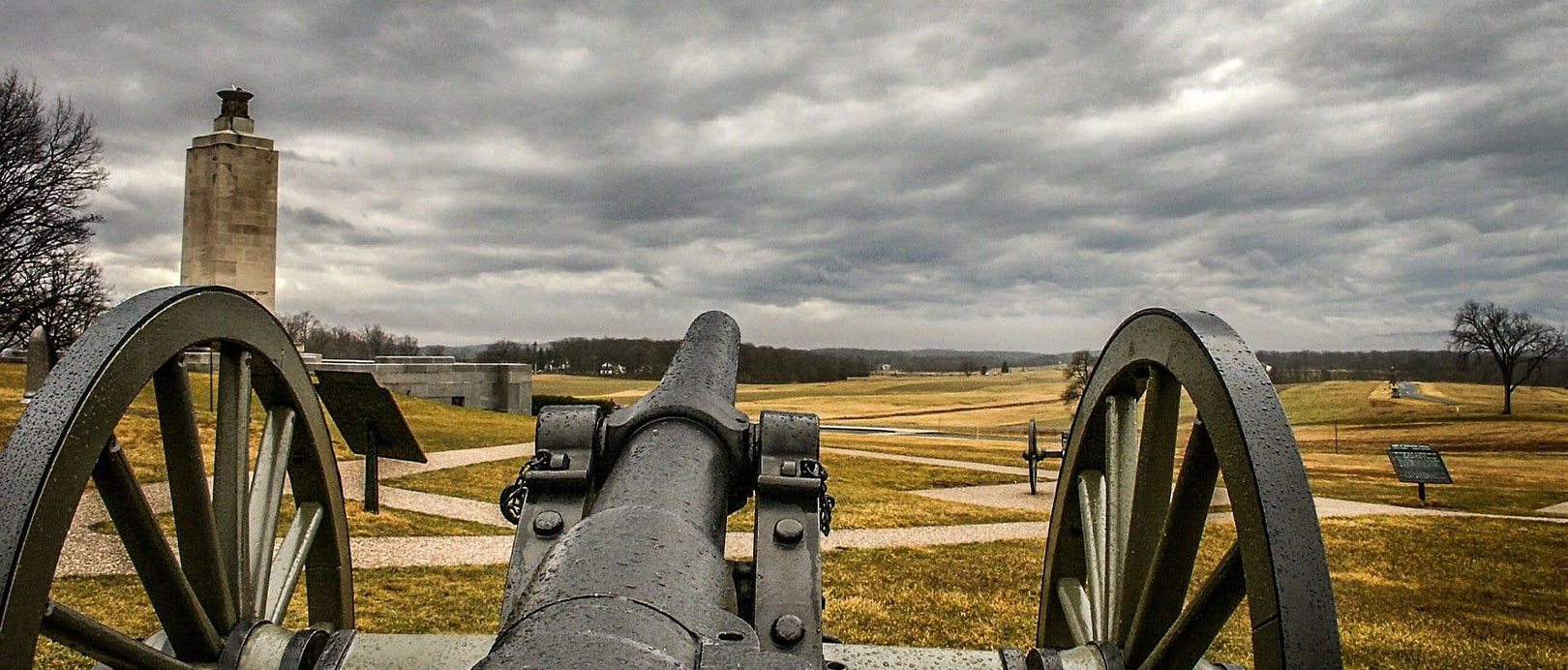America’s rich history is woven into the fabric of its cities, landscapes, and monuments. From colonial settlements to revolutionary battlefields, each site tells a story of the nation’s past, reflecting its growth, struggles, and triumphs. For history buffs and curious travelers alike, exploring these historic sites can provide a deeper understanding of what shaped the United States into what it is today. Here are some must-visit historic sites across the country:
1. Independence Hall (Philadelphia, Pennsylvania)
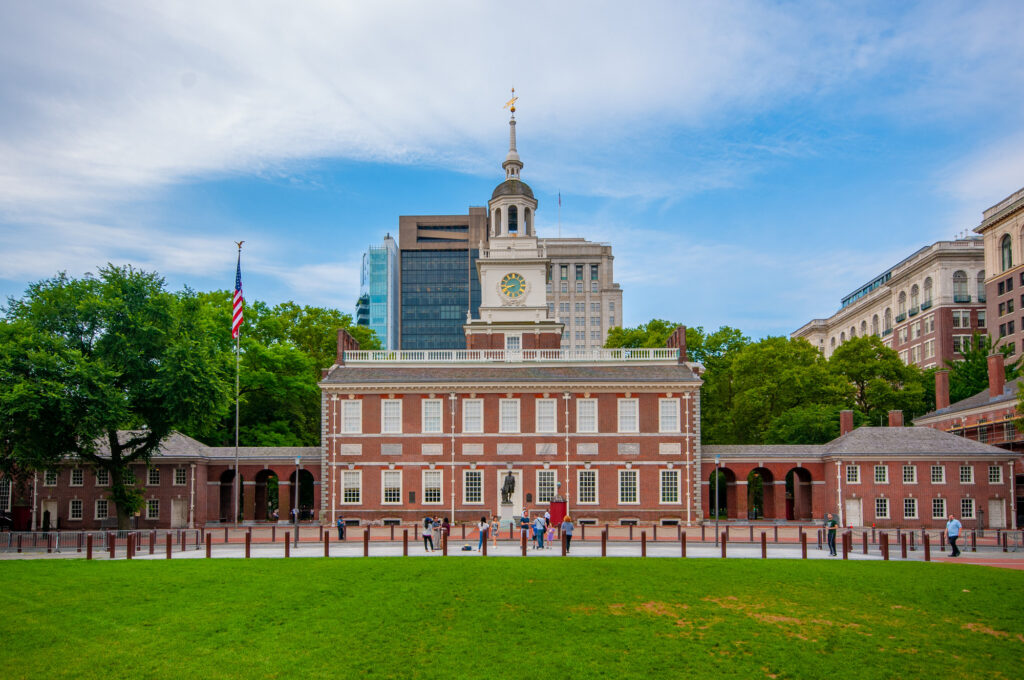
Independence Hall is where the Founding Fathers debated and adopted the Declaration of Independence in 1776 and the U.S. Constitution in 1787. Visitors can take guided tours to learn about the key figures and events that took place within these walls, making it an essential stop for anyone interested in the birth of American democracy.
2. Gettysburg National Military Park (Gettysburg, Pennsylvania)
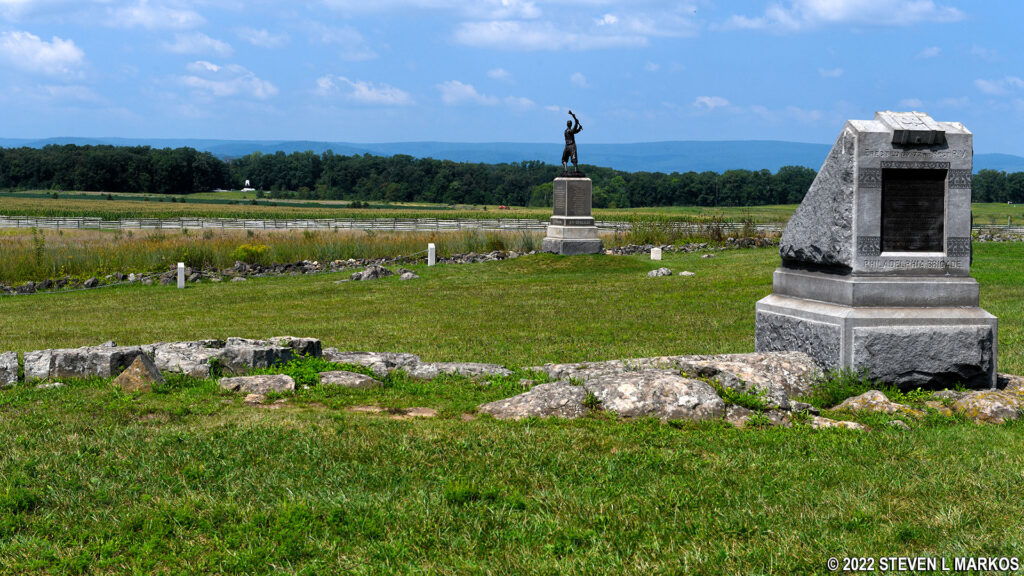
This site marks the location of one of the most significant battles of the Civil War. The Gettysburg Address delivered by Abraham Lincoln after the battle encapsulates the fight for equality and unity. The park features an extensive museum, guided tours, and preserved battlefields, allowing visitors to reflect on the sacrifices made during this pivotal moment in American history.
3. Monticello (Charlottesville, Virginia)
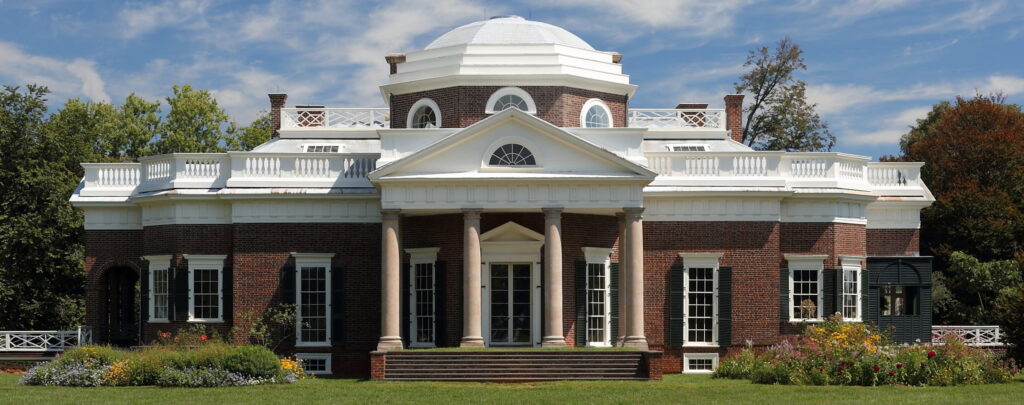
The plantation home of Thomas Jefferson, the third President of the United States, Monticello offers a glimpse into the life and legacy of one of America’s most influential figures. The site showcases Jefferson’s architectural genius and includes a museum that explores the complexities of his life, including his views on slavery and freedom.
4. The Alamo (San Antonio, Texas)
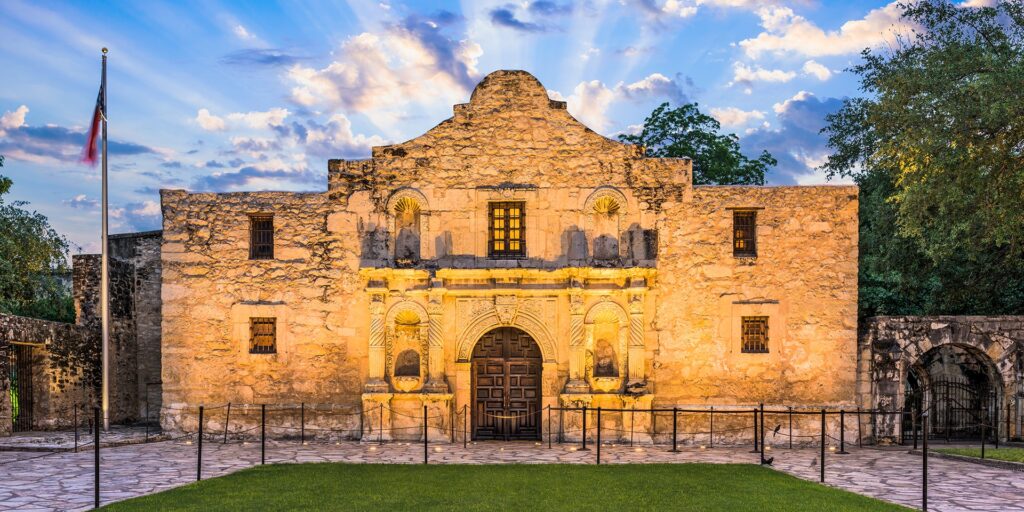
A symbol of Texas’ fight for independence from Mexico, the Alamo is a historic mission and fortress that witnessed the heroic stand of Texian defenders in 1836. Today, visitors can explore the site, including the chapel and museum, to learn about the battle and its significance in Texas history.
5. National Mall and Memorial Parks (Washington, D.C.)
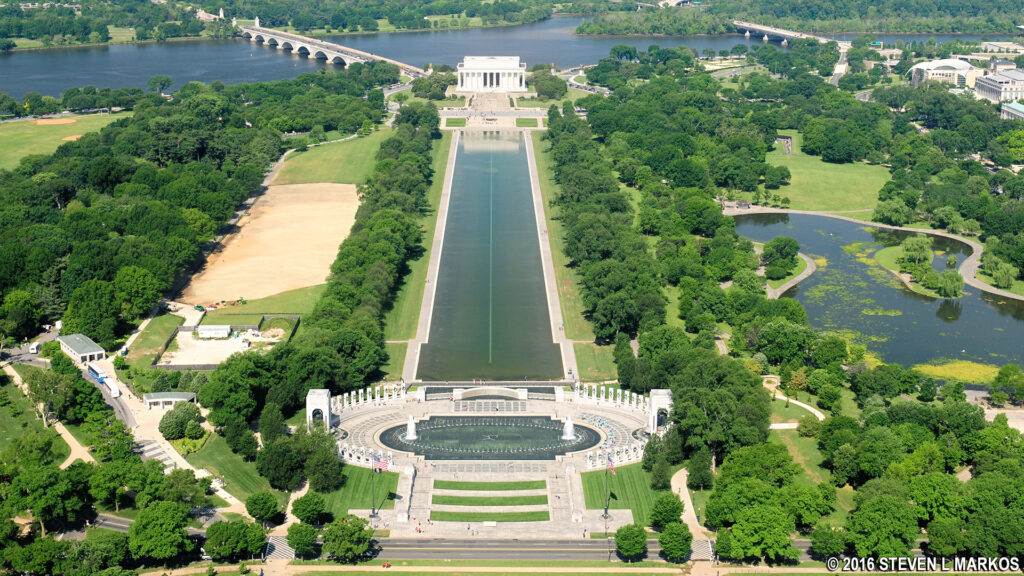
The National Mall is home to several iconic memorials and museums that commemorate significant events and individuals in American history. Highlights include the Lincoln Memorial, the Vietnam Veterans Memorial, and the National Museum of American History. A stroll through the Mall provides a profound connection to the nation’s past and present.
6. Colonial Williamsburg (Virginia)
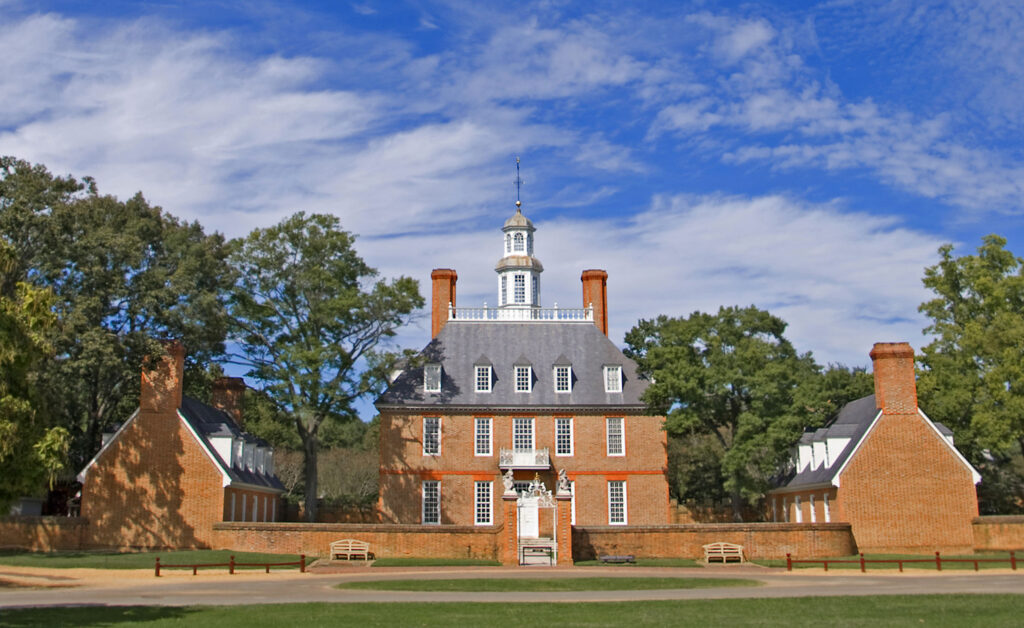
Step back in time at Colonial Williamsburg, a living history museum that recreates life in the 18th century. Visitors can explore restored buildings, interact with costumed interpreters, and witness reenactments of historical events. This immersive experience allows you to understand the daily lives of the colonists leading up to the American Revolution.
7. Ellis Island and the Statue of Liberty (New York City, New York)
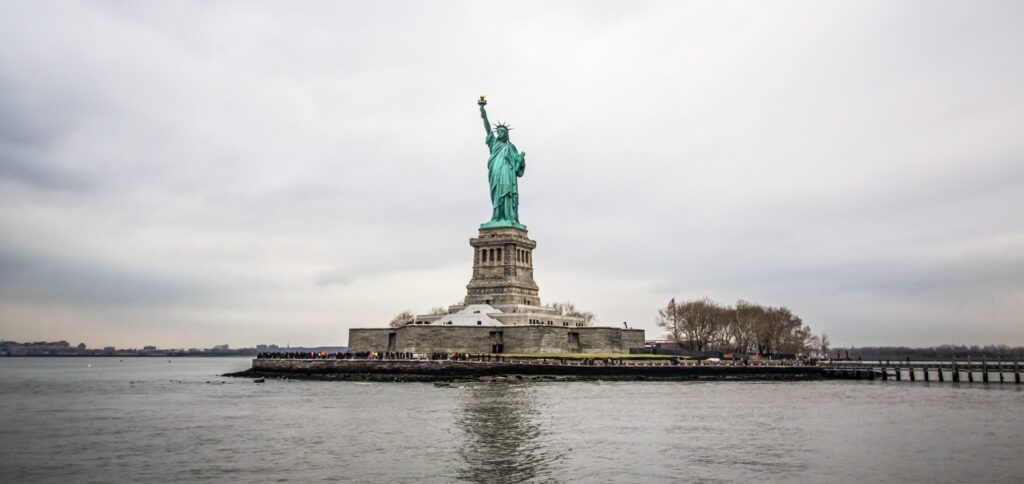
As the gateway for millions of immigrants seeking a new life in America, Ellis Island holds significant historical importance. The museum there chronicles the immigrant experience and the challenges they faced. A visit to the nearby Statue of Liberty, a symbol of freedom and democracy, further emphasizes the values that define the nation.
8. Pearl Harbor National Memorial (Hawaii)

This site commemorates the events of December 7, 1941, when the Japanese attacked Pearl Harbor, leading the U.S. to enter World War II. The memorial includes the USS Arizona Memorial, which honors the sailors who lost their lives during the attack. Visitors can learn about the impact of this event on American history and global relations.
9. Mount Rushmore National Memorial (South Dakota)

Featuring the carved faces of four U.S. Presidents—George Washington, Thomas Jefferson, Theodore Roosevelt, and Abraham Lincoln—Mount Rushmore is a tribute to the nation’s history and ideals. The site offers breathtaking views and educational programs about the creation of the monument and its significance in American culture.
10. The Freedom Trail (Boston, Massachusetts)
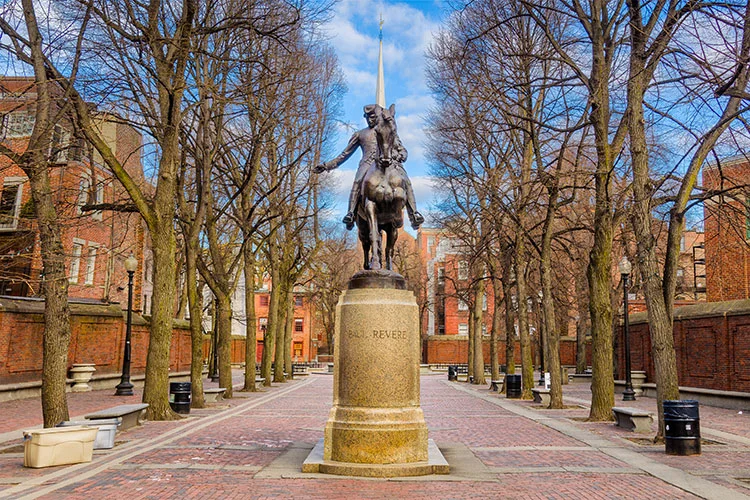
This 2.5-mile-long path leads visitors through 16 historically significant sites in Boston, including the Boston Massacre site, Paul Revere’s House, and the Old North Church. Walking the Freedom Trail provides a unique opportunity to connect with the early struggles for independence and the events that fueled the American Revolution.
Conclusion
Exploring these historic sites provides a tangible connection to America’s past, offering insights into the people, events, and ideas that have shaped the nation. Whether you’re a history enthusiast or a casual traveler, visiting these landmarks can enhance your understanding of American heritage and inspire a deeper appreciation for the country’s diverse narrative. Plan your journey and immerse yourself in the stories that continue to resonate today!

